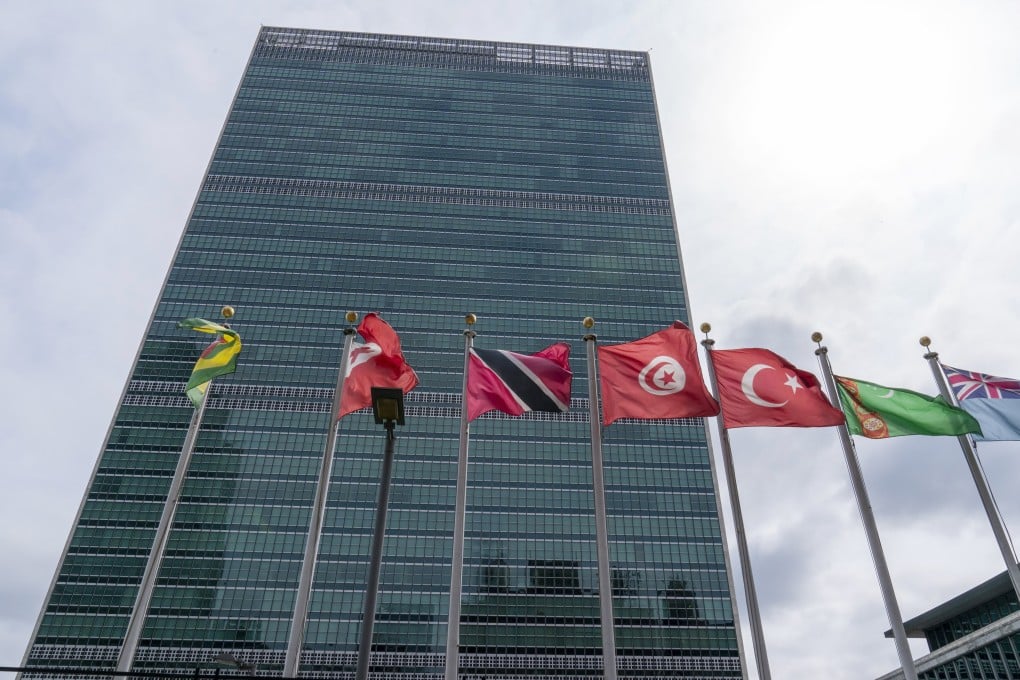Xi Jinping to push multilateral line in UN’s virtual meetings
- China’s president will highlight the need for countries to work together when he addresses the annual United Nations gathering via video link
- But China will have to do more to overcome promise fatigue, analyst says

“As Xi attends these events, he will state China’s positions on important issues like international relations, economic globalisation, governance of global ecology, and facilitating global women’s rights,” ministry spokesman Wang Wenbin said on Monday.
The UN is marking its 75th anniversary this year but all of the meetings associated with the annual gathering will be held via video link.
Wang said Xi would speak at a wide range of events, including the anniversary commemorations, a summit on biodiversity and a conference on women.
But analysts said China’s multilateral message might be undermined by promise fatigue.
“China has always tried to present itself as a supporter of multilateralism, but I’m afraid it will take substantial and accurate policies to convincingly tackle real world problems at this time,” Renmin University international relations specialist Shi Yinhong said.